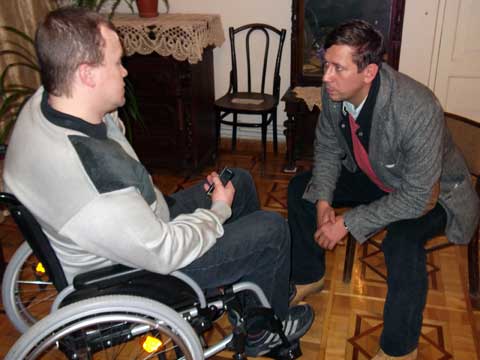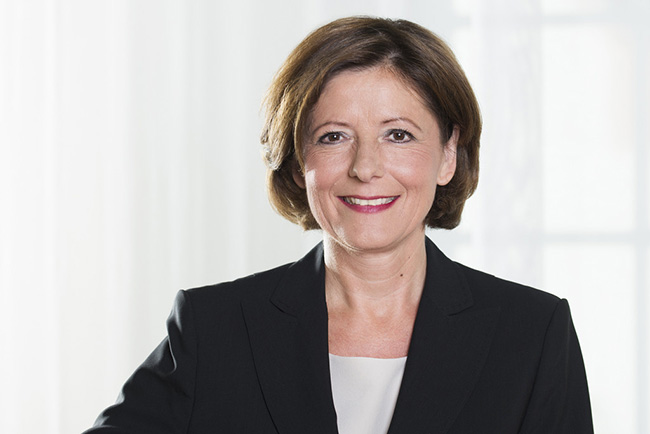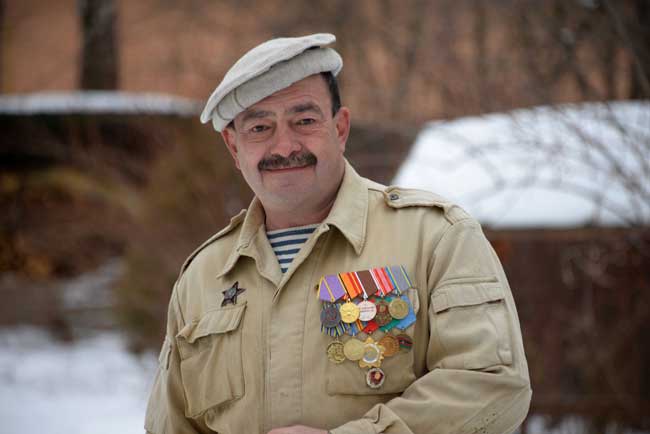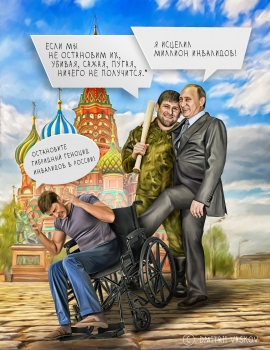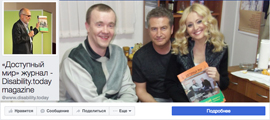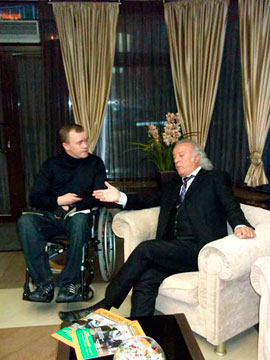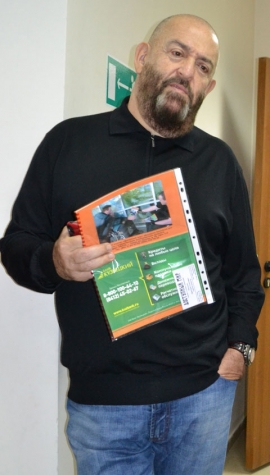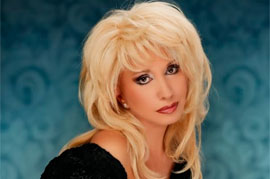Михаил Кожухов: Единственный способ делать людей счастливыми, как здоровых, так и с ограниченными возможностями здоровья – это демократия
Советский и российский журналист, телеведущий, принимавший участие в создании и ведении ряда телепрограмм на разных российских телеканалах. С 2013 года — президент туроператора «Клуб путешествий Михаила Кожухова», который организует авторские путешествия по всему миру – Михаил Кожухов в эксклюзивном интервью для DISABILITY TODAY рассказал о толерантности к людям с ограниченными возможностями здоровья и к их проблемам.
ДМ: Концепция журнала «ДМ», которую мы доносим до всех наших читателей заключается в том, что доступность среды и толерантность общества к проблемам людей с ограниченными возможностями здоровья гораздо важнее всех субсидий и льгот. И в связи с этим, как Вы считаете, что необходимо предпринимать в нашем обществе, в частности людям, формирующим общественное мнение и обычным не публичным гражданам, чтобы отношение к людям, кого жизнь лишила полноценных физических возможностей становилось более толерантным?
МК: У меня есть опыт общения со слепоглухонемым человеком, который изменил мои представления о мире. Это Александр Суворов. В 60-е годы прошлого века московский философ Эвальд Ильенков с группой своих сподвижников посвятили несколько лет тому, чтобы подготовить к вступлению в МГУ пять воспитанников Загорского детского дома для слепоглухонемых детей. Из них трое смогли закончить университет. А наиболее ярко сложилась судьба у Александра Суворова, который стал доктором педагогических наук. Он всю свою жизнь посвятил темам педагогики и воспитания детей с ограниченными возможностями здоровья, в первую очередь незрячих детей. Это человек совершенно потрясающих качеств, невероятной доброты, фантастической эрудиции, рядом с которым здоровый человек чувствует себя «дремучим невеждой» и абсолютно неполноценным. С помощью компьютерных технологий он связан со всем миром и очень рад любому общению. Его и его работы легко найти в интернете, и я думаю, что общение с ним может дать надежду тем, кто отчаялся и подтолкнуть к новым свершениям тех людей у кого дух побеждает физические недостатки тела. Его позиция заключается во многом в том, что единственный шанс развиться личности человека, чьи физические возможности ограничены – это находится не в резервации, а только вместе с полностью здоровыми детьми. Я думаю, что это справедливо, ко всем людям с ограниченными возможностями здоровья. Также я считаю, развить толерантность к людям с инвалидностью возможно только строя демократическую страну и возрождая гражданское общество. Только в условиях демократии растут цветы любви к другим людям. Единственный способ делать людей счастливыми, как здоровых, так и с ограниченными возможностями здоровья – это демократия. Ни у одного другого общественного устройства не получалась доброта, а только концлагеря.
ДМ: Вы принадлежите к тому поколению, кто видел инвалидов, вернувшихся с ВОВ и на самодельных платформах на подшипниках и других примитивных средствах реабилитации, пытавшихся хоть как-то выжить. И вдруг в один день они все исчезли, как по мановению некой волшебной палочки. Были вывезены в спец лечебницы. Скажите, вот такое спартанское отношение к людям с ограниченными возможностями здоровья, что это недостаток культуры в обществе, или что?
МК: У меня у самого есть определенные проблемы с позвоночником, и однажды был эпизод, когда я вынужден был ходить на костылях и я «ловил» на себе очень странные взгляды людей, которые стеснялись на меня смотреть. Я думаю, что это не придуманная проблема, это часть чего-то большего, чем просто отношение к инвалидам. Это часть нашей ущербности, нашей неполноценности, нашего ожесточения и злобы к окружающему миру и друг другу. Я помню конечно инвалидов, вернувшихся с ВОВ, которые передвигались на тележках, и как однажды они пропали. Я был тогда еще маленький, но это на меня произвело большое впечатление. Я думаю, что по сути с тех пор ничего не изменилось. Мы все вместе не стали гуманнее и добрее. Мы на самом деле жестокие, нетерпимые и самовлюбленные. Хотелось бы думать, это связано с недостаточно высоким уровнем жизни. Хотя есть страны, где люди живут хуже, чем мы, а относятся к друг другу гораздо более человечно, чем это делаем мы. Даже здоровые люди на автомобилях проявляют такое агрессивное и омерзительное хамство, что уж говорить об отношении к тому, кто не так здоров и благополучен. Конечно есть требования делать пандусы, и я вижу, что их стало больше, чем было когда-то. Но я не в состоянии оценить на сколько они удобны для людей с ограниченными возможностями здоровья. Мне кажется, что для нашей страны продолжаются жестокие времена.
ДМ: Третий вопрос о преодолении. По традиции журнала «Доступный Мир», известные люди рассказывают о своем личном опыте преодоления трудных, и зачастую трагических жизненных ситуаций. Что Вам лично помогает преодолевать жизненные трудности?
МК: Я боюсь, что не совсем подхожу в примеры для подражания. Я не слишком сильный и мужественный человек. Я не знаю, что со мной было, если бы я вдруг потерял трудоспособность, справился бы я с этим вызовом или нет. Не может быть единого рецепта преодоления для всех. Одному поможет правильная книжка, а другому стакан. Мир и прекрасен тем, что мы все разные, и по разному его видим.
ДМ: И в заключении нашего интервью, попросил бы выразить Ваши пожелания для читателей журнала «Доступный Мир», аудиторией которого являются не только люди с ограниченными возможностями здоровья, но и также многочисленные подписчики из числа не равнодушных граждан России и многих других стран.
МК: Есть известное высказывание: «Ты думаешь я не знаю, что зло непобедимо? нет знаю. Но это же не повод переходить на другую сторону баррикад». Мир стоит на плечах очень немногих людей и совершенно не важно, какие у этих людей физические возможности. Правила пишут они – это мужественное и бесстрашное меньшинство, которое не переходит на другую сторону баррикад. Вот именно этому меньшинству я желаю удачи от всего сердца!
